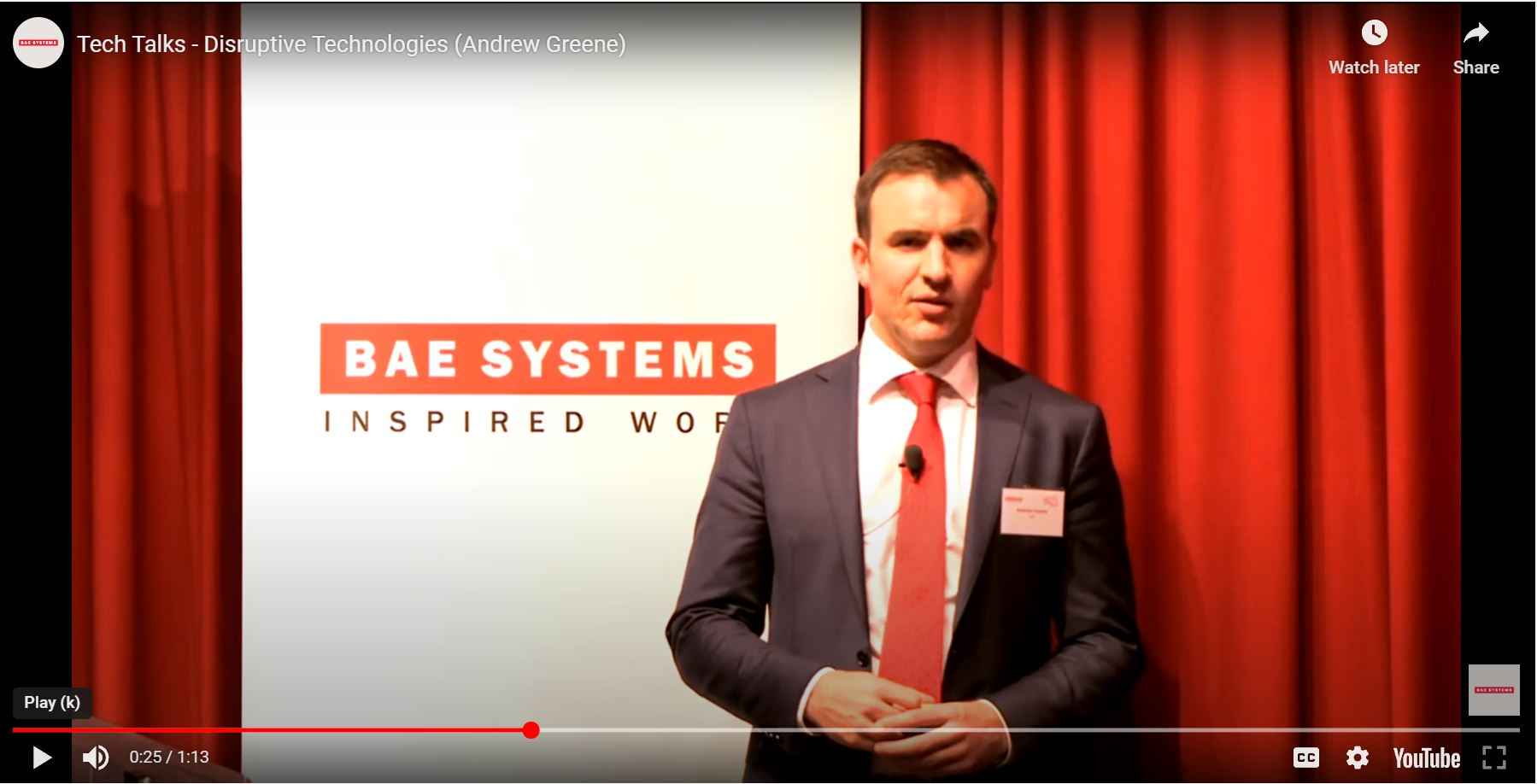The ABC’s Andrew Greene has found an Australian link to Chinese AI platform DeepSeek, a Chinese national who holds post-graduate degrees from Monash University and the University of Adelaide. No surprise, ASPI is lurking in the background of the sinister allegations against an Australian educated PhD, while that researcher, Dr. Zizheng Pan, is hiding in plain sight.
It’s getting laborious, constantly dredging up DeepSeek stories in the anti-China space, but the mainstream media is in a race to the bottom, so we’ve got little choice other than to go down that rabbit hole.
The ABC’s defence correspondent, Andrew Greene (07/02/25) tells us that Dr Zizheng Pan, who obtained his PhD from Monash University, is aligned with “a university with close links to the Chinese military”. How do we know this? It’s on Dr Pan’s X account, information readily accessible to his 60,000 followers; it’s also on his LinkedIn profile.
Pan is one of DeepSeek’s developers among its staff of 100; he’s also interned at US tech giant Nvidia, been a guest at top industry conferences in the US and been a sponsored guest of Google Research Australia at other conferences. Aside from his former supervisor at Nvidia taking to X to heap praise on him, there have been no suggestions outside of the Australian media that Pan is up to no good.
So, what’s his sinister connection to the Chinese military? His undergraduate degree in software engineering is from the Harbin Institute of Technology where he studied a decade ago. Even though it’s well publicised the institute has research cooperation with the Chinese military, Greene does not elaborate, leaving readers to draw their own conclusions – ergo, its student body of 40,000 are all somehow embedded in the Chinese military.
A 15-minute leisurely stroll from Greene’s Canberra office lands him in the offices of ASPI (Australian Strategic Policy Institute). It identified the Harbin Institute of Technology in its (rubbery) China Defence Universities Tracker report as a sinister threat. Bear in mind that ASPI reports are overwhelmingly produced by junior “researchers”; in this case four Gen Zs with undergraduate degrees and one PhD from the US.
Of great relief to taxpayers, the China Defence Universities Tracker was not funded by the Commonwealth government, it was paid for by the US State Department.
Greene offers the assessment, without attribution, that Pan’s alma mater is “a university labelled ‘very high risk’ by security experts”; this label comes directly from ASPI’s report.
A spot on ABC radio, where Greene was interviewed, claimed “AM can reveal a software engineer who played a ‘pivotal’ role in developing the [DeepSeek] chatbot did so after several years studying computer science at universities here.” Sorry, the ABC can’t claim credit for that revelation, it’s across Pan’s social media accounts and has been in the public domain for the past eight months.
Further, how did the ABC determine Pan’s role was pivotal? He’d only joined the company six months prior to the release of DeepSeek-R1, the latest version of its AI platform. Nine months before that he was still at Monash University studying for his PhD. His only work experience prior to joining DeepSeek was as an intern.
How does Pan make the leap from intern to “pivotal” developer in less than a year? Yes, Pan appears to be a talented developer, but the moniker applied to him is not one of praise, rather contempt. Sloppy and heavily biased reporting on the part of the ABC and its defence correspondent.
Two days before the ABC broke with its revelations, a story on Pan appeared in the tech industry website Rest of World, which reported, “Pan’s choice [to become a DeepSeek developer] reflects a growing trend among China’s AI elite to reject Silicon Valley jobs for the AI industry in China, which offers lower living costs, proximity to family, and the opportunity to take on significant roles early in their careers.” There were no suggestions of sinister motives behind Pan’s move to DeepSeek.

As for Greene’s links outside of the ABC, he’s been caught peddling the message that Australia’s increased defence budgets are justified, doing so in front of banner of British weapons maker BAE Systems. Given BAE picked up $270 million from the Department of Defence in the last calendar year, do they really need Greene to spruik their wares?
In light of the Antoinette Lattouf debacle, it begs the question: do the ABC’s editorial policies have any meaning at all?
Murdoch media (10/02/25) jumped on the ABC story — relying on no less than a cadet reporter — upgrading (unnamed) ASPI’s credentials to “security experts”. The fact that he left Nvidia in Silicon Valley to join DeepSeek was couched in sinister terms as if to suggest he’d first helped himself to intellectual property before heading back to China. In journalistic parlance, Murdoch media had three days to advance the story beyond the ABC’s report and simply failed to do so.
The Cook Islands free to do what it wants… only after it consults New Zealand
The Australian (09/02/25), under the headline “‘Strategic failure’: Secret China deal raises new fears in the Pacific”, castigates Cook Islands Prime Minister Mark Brown for flying off to Beijing for a five-day visit to strengthen ties with China.
The story opens, “The tiny nation of Cook Islands has delivered a significant blow to Australia’s efforts to counter China’s push into the Pacific, catching governments throughout the region by surprise with the announcement of a murky ‘strategic partnership’ with Beijing.”
What exactly constitutes murky?
The Australian answers that question through seeking comment from former ASPI boss and regular Murdoch media contributor, Peter Jennings. Backing up New Zealand Foreign Minister Winston Peters, who slammed the potential co-operation agreement between a sovereign Pacific nation and China, Jennings is quoted as saying, “One has to ask: Why has New Zealand got to a point where it wasn’t aware of this agreement? New Zealand had one job here and that was to keep the Cook Islands strongly under their watch, and they failed.”
It’s classic Jennings, lecturing that the responsibility of medium powers in the US orbit is to keep smaller neighbours under their thumb.
A 60-year old co-operation agreement only requires consultation between New Zealand and the Cook Islands on defence and security matters. Brown made it clear before departing for Beijing the China partnership would not cover these areas.
When he emerged from meetings in Beijing, it was announced that the Cook Islands would expand marine research with China, exploring aquaculture opportunities, and enhancing climate resilience efforts.
The report in The Australian, a story covered with greater balance by the ABC, suggests Prime Minister Brown usurped the long-standing agreement New Zealand has with its former colony. The question not posed by The Australian is what has six decades of co-operation with New Zealand delivered the Cook Islands? An economy built upon fishing, fruit processing, tourism, clothing and handicrafts. A 2023 report calculated the value of the All Blacks rugby brand to be roughly on par with Cook Islands’ GDP.
It’s one thing to be lecturing China over expanding its influence in the Pacific; if the media wants to bring balance to that argument, questions should be asked as to why Australia and New Zealand have done nothing to support flagging economies in the Pacific?
Marcus Reubenstein is an independent journalist with more than twenty-five years of media experience, having previously been a staffer with a federal Liberal Party senator from 1992 to 1994. He spent five years at Seven News in Sydney and seven years at SBS World News where he was a senior correspondent. As a print journalist he has contributed to most of Australia’s major news outlets. Internationally he has worked on assignments for CNN, Eurosport and the Olympic Games Broadcasting Service. He is the founder and editor of Asian business new website, APAC Business Review.

